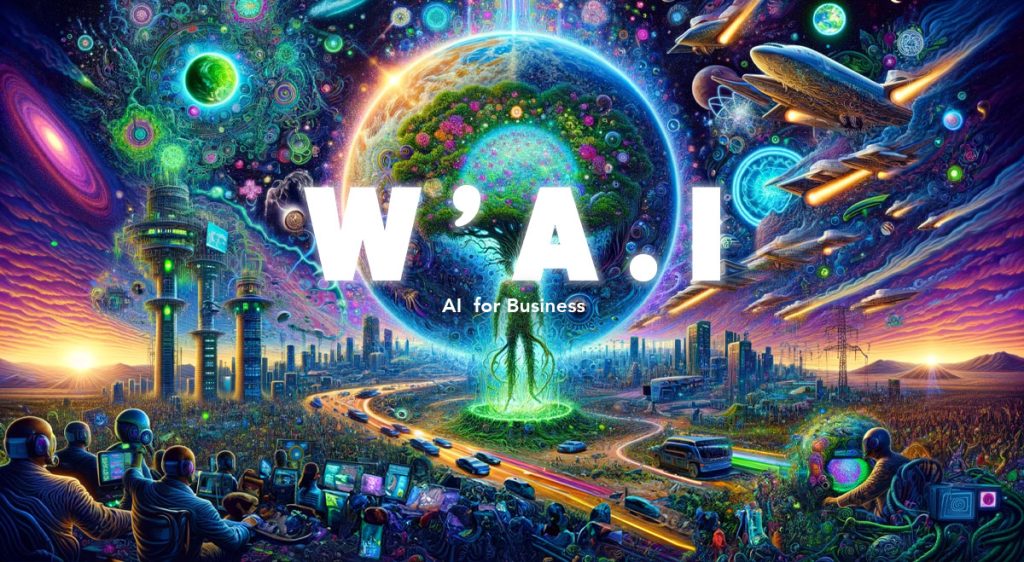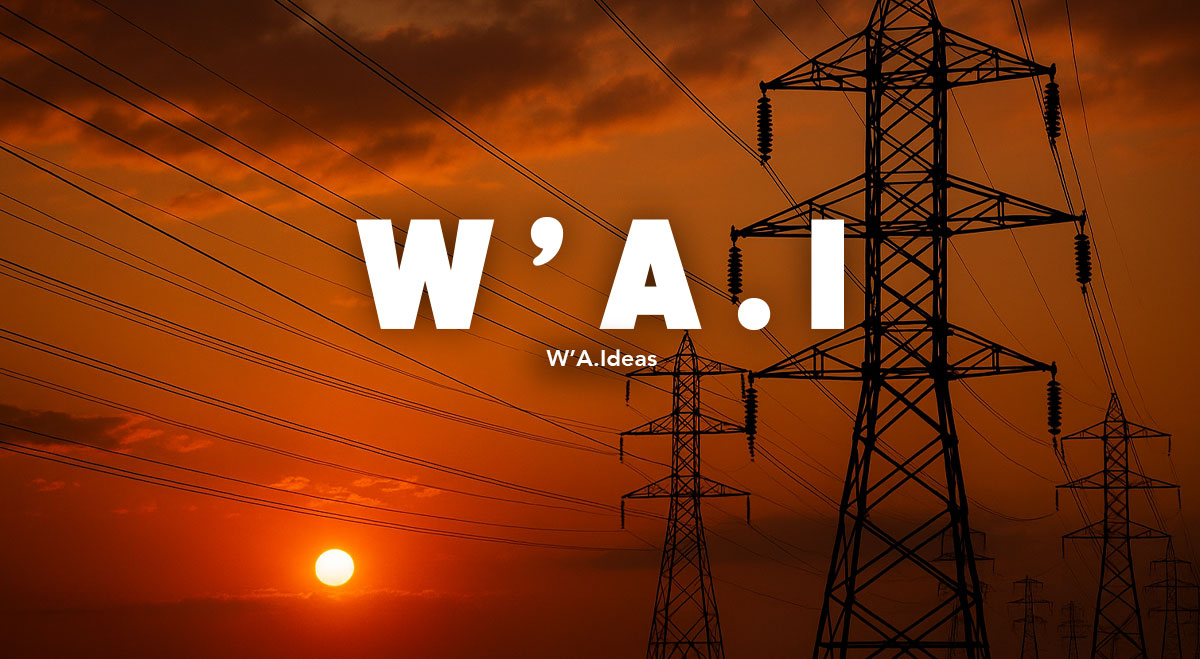Client: Rebeccanomics
Project for: International Trade and Forfaiting Association (ITFA)
Duration: Six weeks, starting September 2023
Deliverable: Comprehensive report on ESG reporting practices among international banks
Background
To enhance transparency and standardisation in ESG reporting within the international banking sector, Rebeccanomics partnered with W’A.I to undertake a pioneering project. The initiative aimed to evaluate the current state of Environmental, Social, and Governance (ESG) reporting practices among over 20 international banks and benchmark these against both existing and upcoming ESG and sustainability regulations.
Challenge
The challenge was twofold. Firstly, to meticulously analyse and compare a wide array of international sustainability frameworks and regulations. Secondly, to cross-reference these standards against the ESG and annual reports of more than 20 international banks using advanced AI technologies. The goal was to identify gaps and inconsistencies in reporting practices against current and future frameworks and regulations and propose a pathway toward standardised, comprehensive ESG reporting.
Approach
Through W’A.I, a novel methodology was developed that integrated AI’s robust analytical capabilities. This involved:
- Regulation Analysis: W’A.I’s systems conducted an in-depth review of global sustainability frameworks and regulations, focusing on their criteria and requirements.
- AI-Driven Cross-Referencing: Utilising AI, W’A.I tools cross-referenced over 20 international banks’ ESG reports with the identified regulations and frameworks. This allowed for an efficient and accurate comparison of banks’ reporting practices against global standards.
- Document and Data Analysis: The project analysed numerous documents and datasets, including reports on ESG activity, mappings to SASB 2.0 standards, and detailed email conversations outlining the project’s challenges and briefs.

Findings
The analysis revealed significant variations in how banks report their ESG activities. Some align closely with frameworks like the Global Reporting Initiative (GRI), SASB, and TCFD, while others follow more diverse paths. Commonalities were identified in reporting greenhouse gas emissions and sustainable finance targets. Yet, inconsistencies in methodology and the depth of reporting underscored the need for a more unified approach.
Impact
The report titled “Too Big for Us to Fail: The Regulatory Paradox – Towards a Common, Consistent, and Comparable Audit Standard for Sustainability Reporting in Trade and Supply Chain Finance – Action Research Update“ made a compelling case for establishing a Council to define ESG audit standards. This would enable banks to benchmark and compare their ESG efforts as rigorously as creditworthiness, facilitating clearer, more consistent sustainability reporting across the industry.
Conclusion
This collaboration between Rebeccanomics and W’A.I marks a significant step toward streamlining ESG reporting standards in international banking. By leveraging AI, the project highlighted the current state of ESG reporting and laid the groundwork for establishing universal standards catering to sustainability regulations’ dynamic landscape. The findings have driven discussions and actions toward a more sustainable and transparent international banking sector.
A second phase of the project is currently in production. It aims to build a more robust framework that identifies the similarities and inconsistencies across multiple ESG regulations, thereby creating a central matrix for accurately assessing banks’ and businesses’ ESG reports.
The final report can be viewed here with a special acknowledgement for W’A.I on page 12.
Tools Used: ChatGPT, Anthropic





